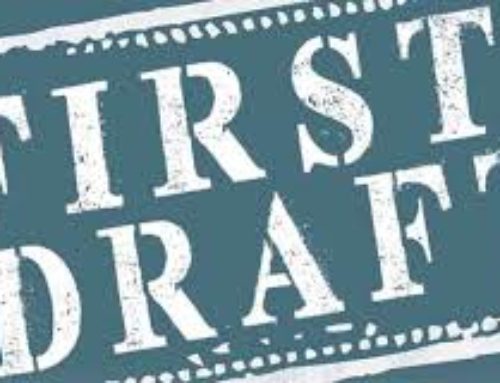There’s been a lot written about the development process that the vast majority of scripts go through before they’re finally made into films or produced on the stage. What comes through loud and clear from these accounts is that rarely is this a solo experience with the writer working alone through a number of drafts. More likely it’s an arduous undertaking involving many professionals giving input and taking up to a year or more of work.
To begin to answer this question, it must be stressed that anyone who has had any real success as a freelance screenwriter or playwright will agree that nine times out of ten it’s the script itself that opens the door to financing and an eventual production and nothing else. A writer can have a small army of connections and well-placed friends or relatives in the business, but if the actual script regardless of concept or the quality of the story idea doesn’t measure up—meaning if it doesn’t fall in the top two to three percent of the thousands of scripts circulating through production companies and literary offices at any one period of time—then it will be quickly discarded. That’s a given.
So the key to success is to create a script from page one on that is so good, so unbelievably exciting, so well put together, so full of unforgettable characters, and has such an overall positive impact on the reader/gatekeeper assigned to taking an initial look at it that it will be flagged instantly as a project that has to be taken seriously by the higher ups right away.
Producers and/or agents are bombarded with a massive number of scripts every year (the annual number written is estimated to be anywhere between 40 to 80 thousand) and the task of taking a first pass sloshing through the never-receding stack that have actually made it through the first door is assigned to folks who do professional “coverage” on each and every one of them. These people spend their days reading script after script after script. Or, to put it more accurately, they read the first few pages in earnest and then—unless they are totally hooked by the material—flip into their highly refined skim mode for the remaining hundred or more pages. Most are very skilled at this and can sense quickly when and if the writer has talent and if the script before them has a true beating heart and a tale worth telling. Or to state it more bluntly, they know very early on if they should give a script a serious read or a “pass.”
Because of this, I’m always puzzled by the impatience of so many writers to get their work out to the very people who will determine whether their script will have a chance at becoming an actual film or play or die on the vine. Sometimes it’s ignorance of what they’re up against, of what the competition really consists of. They have no real sense of how good the script needs to be before it’ll be taken seriously. They haven’t read hundreds or thousands of other scripts to help them determine realistically how theirs measures up. Instead, they think their work is good enough, that the concept/story idea is dynamite, that they’ve slaved over the material for an incredible length of time already and is therefore somehow ready to share with the world.
What often happens at this point is that a decision is made to submit their draft to the top connections they have in the business in the hopes of garnering interest from a production company even though the script itself (unbeknown to them) isn’t really ready to be seen yet. They assume that it will at least commence a dialogue and a relationship by the producer and they’ll be off and running down the road to an actual production.
Of course this is all a pipe dream. If the script when submitted—regardless of how interesting the idea or concept—is not up there in the stratosphere of quality and professionalism in every way, it will be quickly passed over. And the writer has then blown his or her chances of ever having a later and better draft of that script looked at again. Because another given in this business—harsh as it may sound—is that no one reads a later draft of a script that’s already been booked in, looked at, and rejected.
In my next post I’ll share an experience that truly opened my eyes to how most writers don’t seem to have a clue of just how good a script has to be before it’ll be taken seriously.
* * *






Leave A Comment